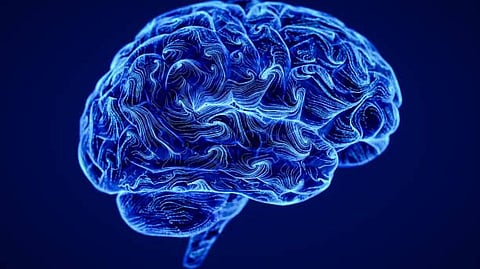“In adults, watching a movie drives synchronized brain responses across different people, reflecting how they perceive, understand and remember the movie,” explains lead author, Samantha S. Cohen, Postdoctoral Scientist, Department of Psychology, Columbia University, US. “Although many studies have looked at changes in knowledge during development, there is limited understanding of how internal representations of complex narrative stimuli emerge with age, allowing us to understand predictable and naturalistic events in the world, such as the plot of a Hollywood movie.”


